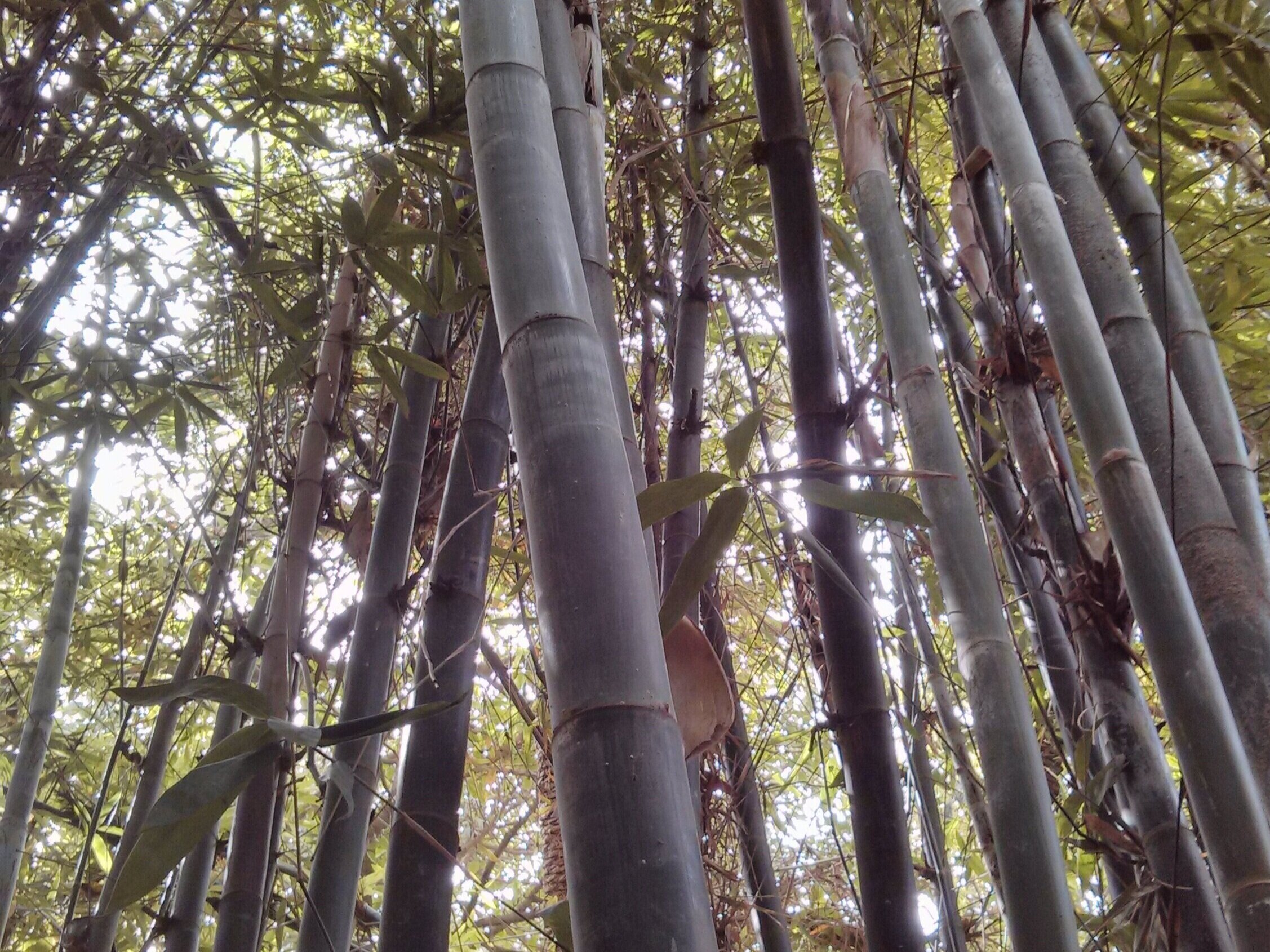Mindfulness: building resilience in challenging times
Several weeks into a tough winter lockdown, how does this moment find you?
Rooting awareness in the body
Perhaps take a minute or so to stop and gently bring your awareness into your body. Notice the sensations of contact as your feet touch the floor. Notice the feeling of your breathing. In this moment, what do your senses receive?
Now, become aware of what thoughts are present; not trying to change them or push them away, but with great kindness and curiosity, notice the mind’s narratives. Remind yourself that thoughts are thoughts - events in the mind - rather than facts.
You may also become attentive to any emotions that are here. See if you can offer yourself unconditional kindness in this moment, as far as feels possible. Remember that this too - especially this - is a skill and a practice.
Take your time to come out of this mini-meditation and again, gently notice how are you, without judgement, allowing how you are to be ok.
A tiny piece of science
Writing in the journal Personality and Individual Differences, researchers Badri Bajaj and Neerja Pande report that psychological resilience is more pronounced in mindful people. They write:
“Mindful people ... can better cope with difficult thoughts and emotions without becoming overwhelmed or shutting down (emotionally). Pausing and observing the mind may (help us) resist getting drawn into wallowing in a setback.”
Like anything worthwhile, cultivating present-centered awareness, or mindfulness, takes commitment and practice.
But in time, by building muscles of attention, self-kindness and non-judgement we find ourselves navigating life’s ups and downs with greater ease. We take things less personally. We learn how to gently disentangle from the mind’s dramatic storylines. We learn to root our awareness in the body, or towards our senses, when the mind’s churning feels overwhelming, rather than following each thought and getting continually and literally lost in the always-thinking mind.
Trusting, letting go
We unveil a sense of trust in ourselves and in the unfolding process, learning to loosen our grip on outcome of things we cannot control (most things!); building a capacity to respond rather than react.
And, if we can put the work in, there is great freedom in this new-found resilience. In the words of Jon Kabat-Zinn, “We can’t stop the waves but we can learn to surf.”
By Lucia Cockcroft, co-founder of Yoga and Mindfulness company Yoga at the Mill. Lucia is leading the internationally taught eight-week Mindfulness Based Stress Reduction (MBSR) course from March 6. MBSR has been scientifically validated to improve wellbeing and resilience. Click here.

